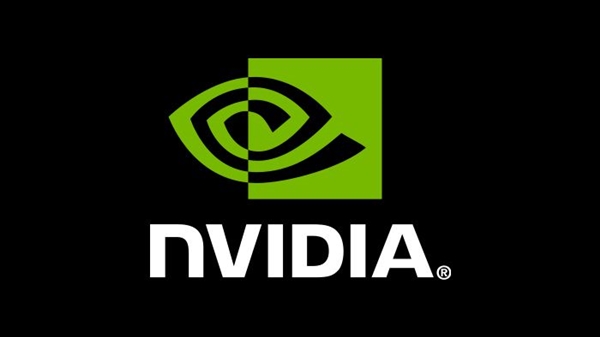April 3, 2025 – In a blog post published yesterday (April 2), TechCrunch reported that during an event at Y Combinator, Tim Sweeney, the CEO of Epic Games, publicly accused Apple and Google of employing “mafia-style business tactics” to suppress competition through monopolistic practices.
Sweeney specifically highlighted that despite a court ruling mandating Apple to open up third-party payment channels, the tech giant only reduced its commission by 3% and introduced a new “core technology fee” of 50 cents per installation annually, effectively still hindering competition. The ongoing tug-of-war between Epic and Apple sees Epic accusing Apple of violating the court order, maintaining monopolistic profits through what Sweeney termed as “a mere cosmetic change”.

He revealed that when users attempt to install the Epic Games Store on Android devices, Google displays a “unknown sources” warning, causing over half of the users to abandon the installation. Although iOS systems in Europe are forced to allow sideloading due to new regulations, Apple still manages to create a 50%-60% attrition rate through similar warning interfaces.
Sweeney condemned this behavior as “textbook self-preferencing” and bluntly stated, “Crime pays for Big Tech.” Currently, the high friction costs (including tiered fees) associated with third-party stores on iOS have deterred all mainstream game developers, with the Epic Games Store only attracting some older games.
Citing the blog post, Sweeney emphasized that Big Tech companies are exploiting legal loopholes through “malicious compliance,” and the current situation is unlikely to change unless regulatory efforts are strengthened.
The “core technology fee” imposed by Apple on apps with millions of downloads remains unbearable for free-to-play game developers – “if they comply with the rules, Apple will drive them out of business,” Sweeney noted. This battle underscores the power imbalance between tech giants and innovators, and whether new regulations such as the EU’s Digital Markets Act can break the deadlock remains to be seen.












